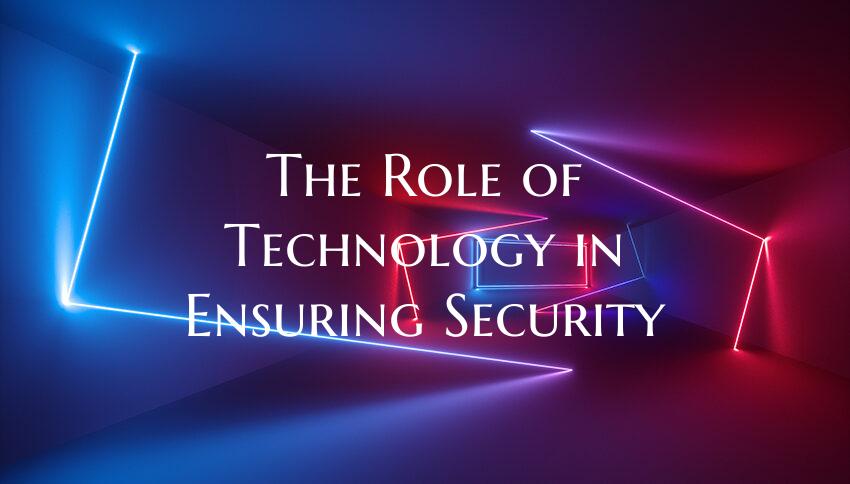The Role of Technology in Ensuring Security
In today's interconnected world, technology plays a crucial role in ensuring security across various sectors. From safeguarding personal data to protecting national infrastructure, the integration of advanced technologies has become essential in enhancing security measures. This article explores the diverse ways in which technology contributes to ensuring security in modern society.
1. Cybersecurity: With the exponential growth of digital data and online transactions, cybersecurity has emerged as a top priority for individuals, businesses, and governments. Technologies such as encryption, firewalls, and intrusion detection systems are utilized to protect sensitive information from cyber threats, including hacking, malware, and phishing attacks. The continuous development of cybersecurity solutions is crucial in maintaining the integrity and confidentiality of data in the digital age.
2. Surveillance Systems: The use of surveillance technology, including CCTV cameras, drones, and facial recognition systems, has significantly evolved to enhance security monitoring in public spaces, workplaces, and critical infrastructure. These technologies provide real-time monitoring and threat detection capabilities that help to prevent criminal activities, identify suspects, and improve emergency response times.
3. Biometric Authentication: Biometric authentication technologies, such as fingerprint scanning, iris recognition, and voice authentication, are instrumental in enhancing security measures for access control and identity verification. By leveraging unique biological traits, biometric systems offer a more secure and reliable means of authentication compared to traditional methods like passwords or PIN codes.
4. IoT Security: The proliferation of Internet of Things (IoT) devices has introduced new security challenges due to their interconnected nature. Implementing robust security protocols and encryption methods for IoT devices is essential to prevent unauthorized access and potential cyber attacks. By leveraging technologies that enable secure communication and data encryption, IoT systems can be safeguarded against security vulnerabilities.
5. Emergency Response Systems: Technology plays a vital role in enabling efficient emergency response systems, such as 911 services and disaster management networks. Integrated communication systems, GPS tracking, and data analytics tools assist emergency responders in quickly assessing situations, coordinating resources, and providing timely assistance during crises.
6. Physical Security Systems: Advances in technology have also revolutionized physical security systems, including access control systems, alarm systems, and perimeter security solutions. These technologies help in securing buildings, facilities, and assets by restricting unauthorized access, detecting intrusions, and initiating immediate responses in case of security breaches.
In conclusion, the role of technology in ensuring security is multifaceted and continually evolving to address emerging threats and vulnerabilities. By harnessing the power of innovative technologies, societies can enhance their security measures across various domains, ultimately creating safer environments for individuals, organizations, and nations.

